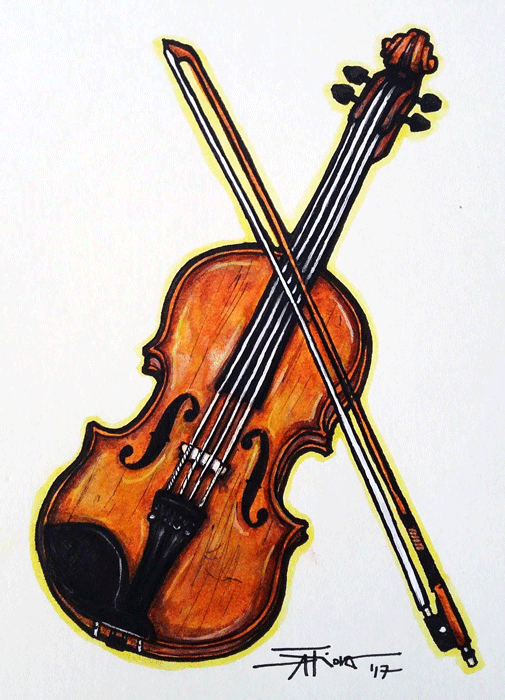In the midst of the dreary midterm season, concentrating on studying for long periods at a time can be a challenge for any McGill student. The advent of technology makes a plethora of hacks to circumvent distraction available to students at the mere click of a mouse, from time management solutions, such as the Pomodoro Technique, to distraction blocking apps, like the infamous “Cold Turkey” application. Just one click also produces one of the most basic productivity methods of all: Access to an appropriate study soundtrack.
Even a brief glance at the almost exclusively headphone-clad McLennan population exemplifies the extent to which many university students already apply the simple act of listening to music when studying.
“I can only study with music playing because I feel like it makes time go by faster,” Johanna Cottin, U3 Arts, said.
Listening to background music not only makes studying a more pleasant experience; researchers have also discovered some demonstrable benefits for productivity. A study conducted at the University of Helsinki found that engaging in intellectual activity while simultaneously listening to music has a variety of effects on brain activity. Listening to classical music encourages the activity of genes associated with dopamine secretion and transport, synaptic transmission, and learning and memory. The heightened presence of the dopamine neurotransmitter engages the brain’s reward system, while synaptic transmission contributes to the process of communication between neurons. The effect of both of these processes illustrates classical music’s positive impact on intellectual capacity.
Brayden Culligan, U2 Arts, who listens to classical music as well as jazz and ambient electronica music, reports similar boosts in his productivity when he studies while listening to music.
“Classical music certainly feels as though it heightens my ability to focus, and seemingly aids in pacing my thoughts,” Culligan said. “I can’t focus well without [music], so I suppose that’s demonstrative of the, at least perceived, benefits of listening to these kinds of music.”
The advantages of listening to classical music extend beyond stimulating the efficiency of study sessions—it can ease mental health issues, including those related to the stresses of academia. University of Toronto researchers found that listening to the classical genre before bedtime alleviates insomnia symptoms by helping listeners fall asleep faster and achieve a better quality of sleep. According to the Duke Cancer Institute, listening to classical music can also reduce anxiety. Listening to classical music can, therefore, alleviate both academic anxiety and stress-induced sleeplessness before exams.
However, in order to reap the benefits of music on study productivity, it is important to listen exclusively to classical or other similar low-intensity genres. A 2010 study published in the Journal of the Scholarship of Teaching and Learning conducted in Taiwan shows that music with a higher intensity, such as hip hop, is more distracting and negatively affects concentration and performance. Researchers have coined the phenomenon wherein a subject’s attention capacity is “drained” by a distraction the “Attention Drainage Effect Theory.” After testing hip-hop music on participants, the Taiwanese study suggests avoiding music with heavy beats and fast tempos in order to avoid the “Attention Drainage Effect.”
Instinctively, students tend to gravitate towards instrumental music as a low-intensity musical backdrop for their study sessions.
“I’m definitely exponentially more efficient while listening to lyric-less music, there’s no chance I can focus with lyrics—sung or spoken—playing through my headphones,” Culligan said.
Nevertheless, even within the instrumental genre, some musical pieces can still have an “Attention Drainage Effect” on students. As a rule of thumb, the most effective soundtrack to a study session consists of restrained pieces that provide a neutral setting for working. Solo piano pieces, for instance, are favourable to large orchestral pieces, as is music with a consistent tempo and dynamics.
Studying with instrumental music provides a simple yet surprisingly effective productivity boost. Classical music and other low-intensity genres create a serene atmosphere, which both enhances brain activity and soothes qualms before big tests, making this a useful study tool during midterms.









